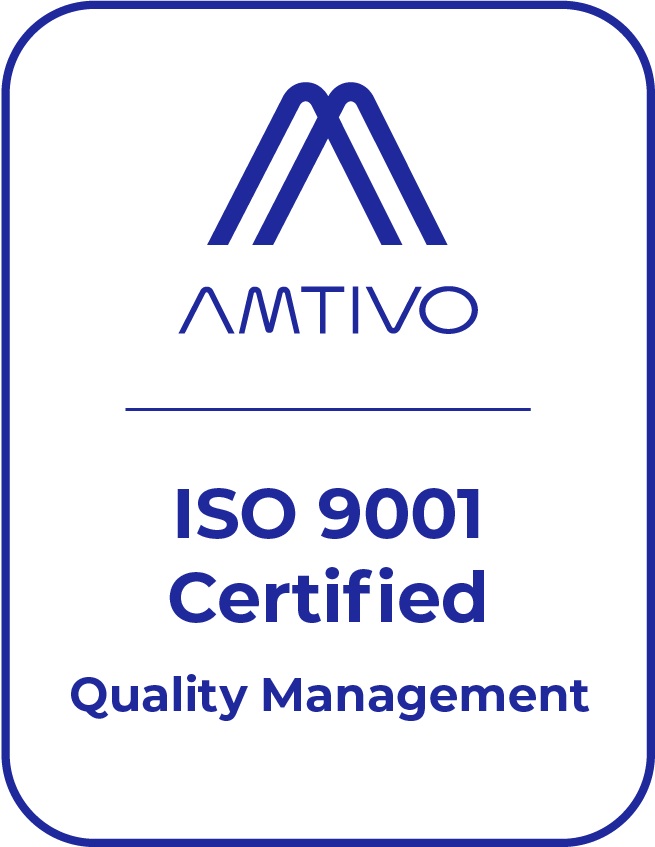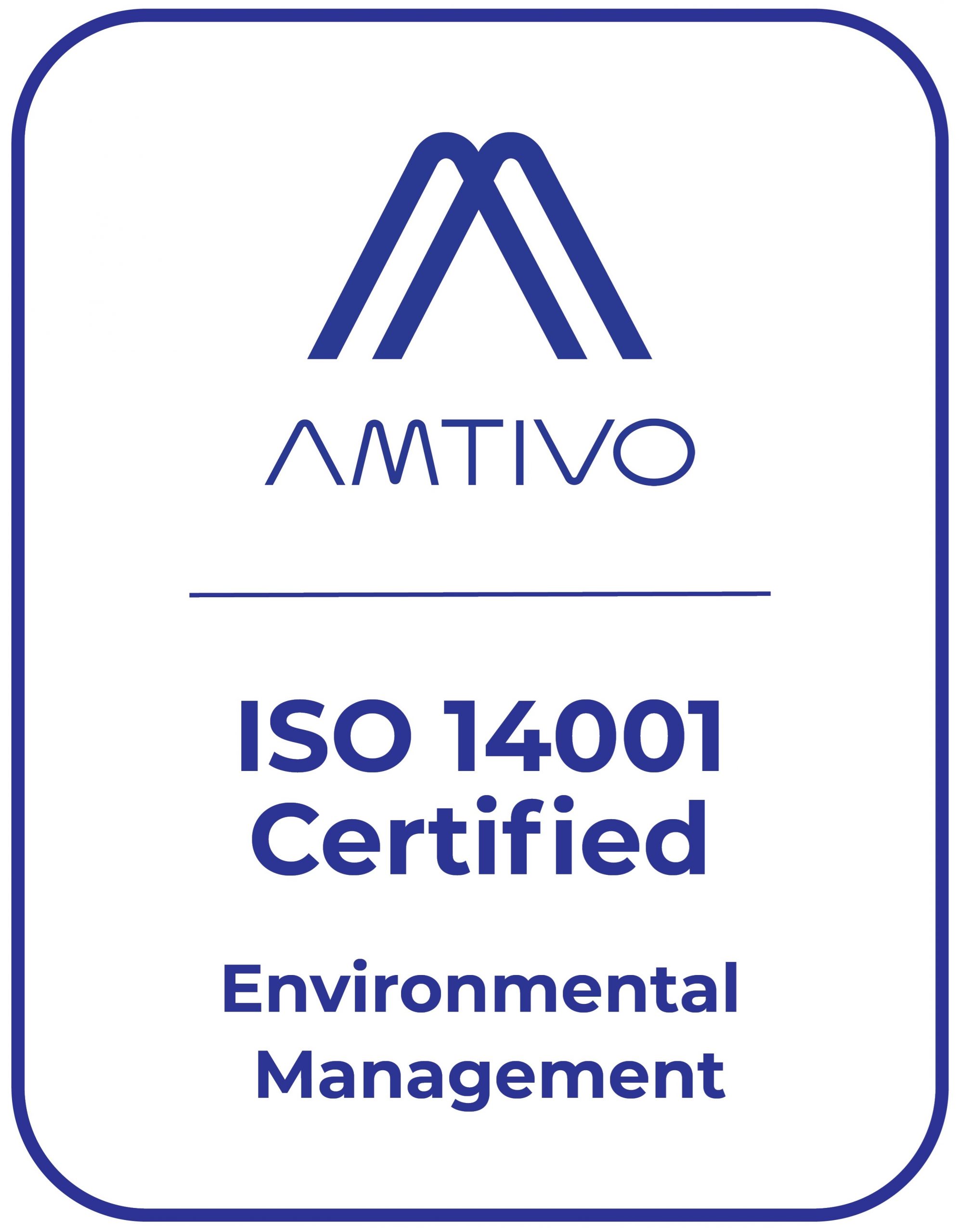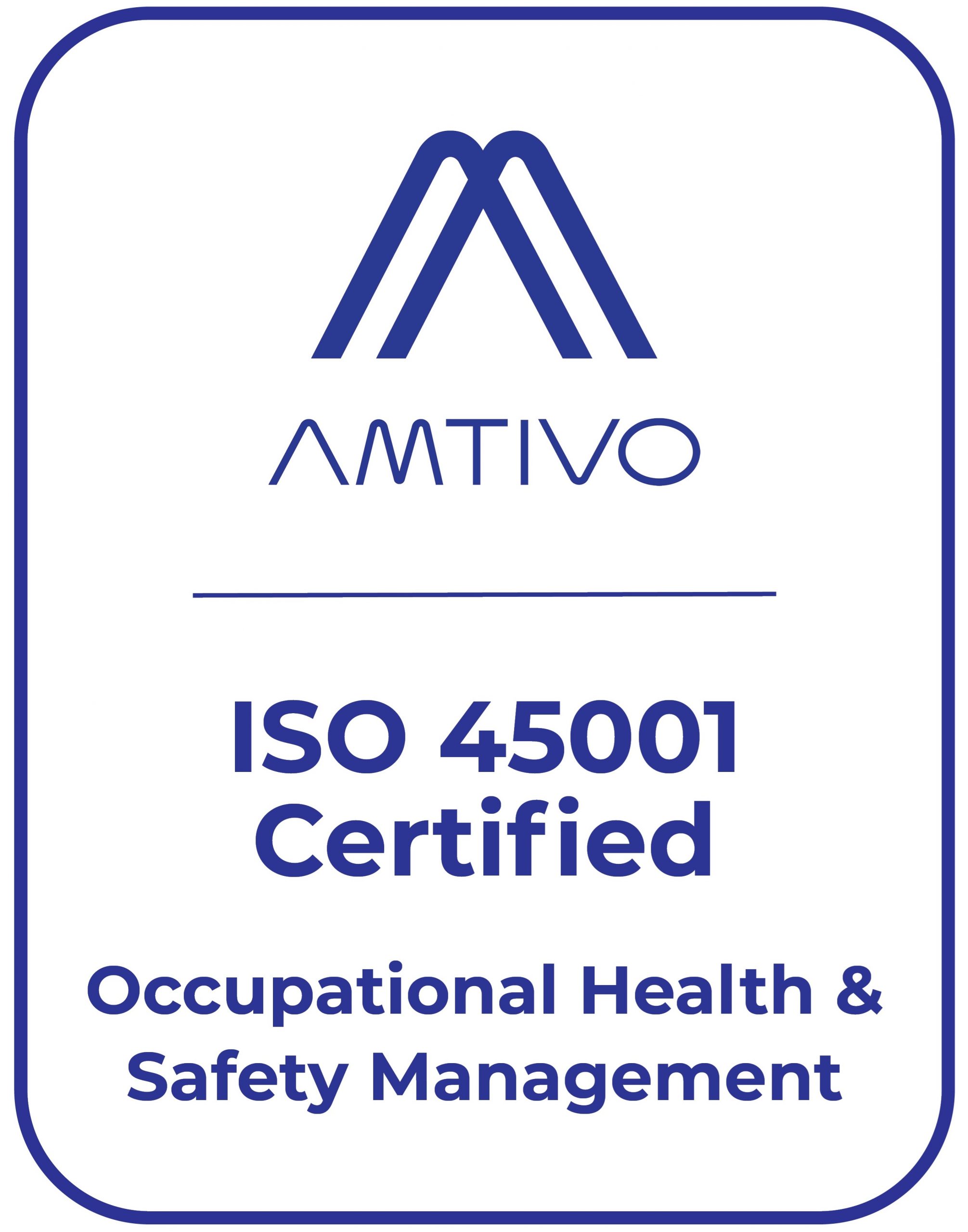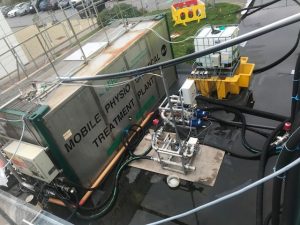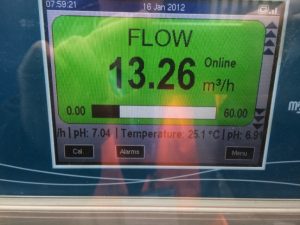Mobile Physio Chemical Treatment Units
This highly specialised Mobile Physico-Chemical Treatment Unit, developed by Ambipar in partnership with international engineering experts, is designed to manage a wide range of industrial applications including oil/water separation, acid and base neutralisation, and other chemical dosing treatments.
The system is particularly effective in the petrochemical sector, where it is used for oil spill response, groundwater remediation, tank cleaning, and interceptor maintenance.
In one notable project, the unit successfully processed 35,000 kg of interceptor waste on-site — a task that would normally require two articulated tankers. By using Ambipar’s Mobile Physico-Chemical Treatment Plant, the waste volume requiring off-site disposal was reduced to just 2.42 tonnes, delivering significant cost and environmental savings.
The unit’s patented process treats oily water from interceptors, tanks, and similar systems through a fully computer-controlled sequence. Integrated online monitoring continuously measures water quality and automatically halts operation if oil content exceeds permitted limits. Upon completion, the system generates an on-site report for the client detailing site data, processed volume, pH levels, and oil content.
Once treated, the de-oiled water is either transferred to Ambipar’s storage tanks or safely discharged under the relevant environmental consent, ensuring full compliance and traceability.
The Unit also has a combination suction/jetting unit for the removal of settled sludge etc. The Sludge/Oily Waste is transported in our permitted waste vehicle to an EPA Licensed Hydrocarbon Treatment Facility under C1 Documentation. A Certificate of Disposal is issued on completion of the disposal operation.
Our mobile unit is ideal for large capacity interceptors and for incidents such as oil spills. The benefits are high both in financial and environmental;
- Immediate reduction in Hazardous Waste Volumes Removed From Site (AER – EMS – Continuous Improvements)
- Reduced Co2 Emissions from Transport Operation
- Reduced Financial Cost due to lower waste volumes to be transported.
- Saving of Water Resources as Interceptor can be refilled using the cleansed water instead of using mains water.
- Improved operating efficiencies as Interceptors can be de-oiled and desludged completely on a more regular basis due to the cost savings.
- Continuous Oil/Water Separation can be carried out on-site under the approval of Local Authorities enabling large volumes to be processed quickly.

